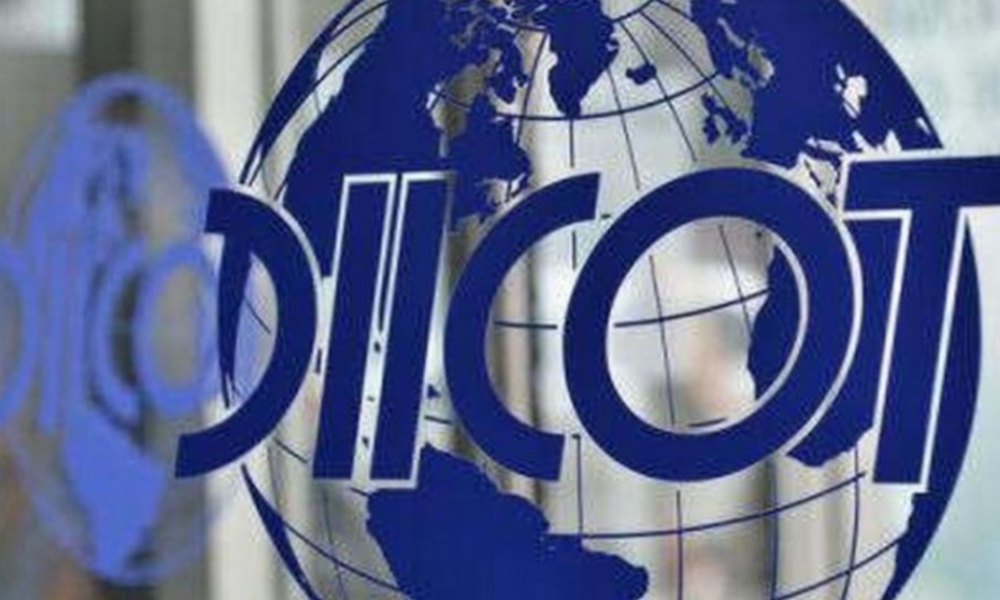The mistakes of gambling can be paid by all

Were imposed on a penalty gaming organizers. Now the mistakes will have to be paid to all taxpayers.
The decision of the Supreme Administrative Court of Lithuania regarding the Gambling Supervisory Service (LPT) may be strongly pushed by the state’s wallet.
The Gambling Supervisory Authority conducted an inspection and found that the Unigames website 2021-2022. It was encouraged to participate in gambling, which allegedly violated the Gambling Act (Alis).
The company was fined EUR 12,662 and was ordered to remove the violation by 2022. On June 20, 2007, a possible suspension of the license was warned.
The company challenged the decision, stating that the specific information had been violated by the law and that the concept of promotion was applied too broadly.
According to the Unigames, the information on the site was only for the delivery of services and met the applicable requirements.
The LPT took the view that by law it is prohibited to encourage any form to participate in gambling, even if it is only information that attracts attention or interest.
The service documents allege that specific words or phrases are to be considered as a violation. As a result, the LPT considered the company’s claims that the charges are not clear.
However, the most important argument in this dispute came outside the Lithuanian courts.
2021 May 20 The Seimas has changed the Al, Article 10 (19) in order to impose insurance for gambling organizers operating in Lithuania – free spins, bonuses, etc.
However, this alone was not enough, so the Ministry of Justice informed the Seimas about 2015. September 9th. an obligation to report to the European Commission (EC) of the draft amendment.
The amendments to the Gambling Act initiated by the then Member of the Seimas, Mykolas Majauskas, seemed to be stunned by politicians that they cut into this obligation.
The project was blessed and the LPT was responsible for its implementation.
The amendment came into force in 2021. On July 1, and the LPT began to interpret the provisions of this amendment, stating that they are also regulating the advertisement of remote gambling services on the websites.
For example, the LPT, as allegedly violating the aforementioned norm, considered information on the supplementation of gambling accounts and the payment of funds, the announcement of information on new gambling, and more.
Riddles: Amendments to the Law on Gambling Gambling were initiated by Member of the Seimas M. Majauskas. The obligation to report to the European Commission of such amendment was not met. / L. April / Photo by BNS
Didn’t listen and did not go deeper?
The LPT has conducted numerous inspections and more than 10 orders from the entry into force of the Act, which found violations of the provision and imposed maximum monetary sanctions to the gaming organizers – a total of about 77 thousand. euros.
All of these LPT orders were appealed to administrative courts.
The Unigames case in court and the interpretation of the case opened the door to other companies to expect a favorable decision to them, not the LPT judgment.
During this case, the Supreme Administrative Court of Lithuania appealed to the Court of Justice of the European Union (ECJ) to clarify whether the EC should have been notified of the amendment of the law and whether it could be amended to the gambling organizer.
CJEU on March 13 this year It stated that the amendment had to be reported and could not be released.
« The CJEU confirmed what the LPT has been emphasized for a long time – the provision of Alis was unlawfully – in violation of EU law, so the LPT has not been entitled to the LPT. – LPT decisions were appealed to the courts. And it is very likely that all of these fines will be annulled after the CJEU’s decision. Meanwhile, the LPT will be obliged to pay the costs, which will be done from the state budget. If the LPT had listened to the arguments of the gaming organizers, she would not have used her resources in vain, would not have carried out many large -scale inspections, there would be no more than 10 cases in courts, and the state budget would not have suffered. But unfortunately, we have a radically opposite situation. ”
If the LPT had listened to the arguments of the gaming organizers, she would not have used her resources in vain, would not have carried out many large -scale inspections, there would be no more than 10 cases in courts and the state budget would not have suffered.
The court upheld the Unigames complaint, annulled the LPT order for an unscheduled inspection of the company, and of course, for more than $ 12,000. fines.
Also ordered Unigames from LPT to nearly 4 thousand. reimbursement of costs. The decision is not subject to appeal.
Minds cost
More than 10 similar cases in Lithuanian courts were suspended due to the decision of the ECJ, which revealed the potential laziness or negligence of Lithuanian politicians.
All of these cases will be renewed in the near future, and national courts are likely to annul the fines imposed by the LPT and award the costs.
Thus, instead of acting as a « Swiss clock », the state seems to pay for invalid law on the basis of carefully drafted legislation.
« This is not the first time the LPT misapplied the legislation and is unjustifiably punished by a gaming organizer. For example, the LPT has punished several gambling organizers for providing remote gambling services to foreign citizens. However, at the end of 2024 the Supreme Administrative Court of Lithuania He had no basis.
Gambling market participants note that LPT has been facing challenges lately. The History of BaltCap, which raised it on the pedestal, has forced you to question the capacity of the service to ensure transparent and effective supervision of market participants.
« Both the examples mentioned above and the large amount of cases against the LPT in the courts clearly indicate at least two problems. First, the legal regulation of the gambling sector. From 2020 Alley changed 12 times. One of these changes led to the above situation that will cause the state budget to suffer. Therefore, in this respect, I would like to demonstrate the LPT to demonstrate strong leadership and to clearly communicate the legislator that the sector needs not hasty « reforms », but above all, identify and correct legal regulation errors, ”the lawyer said.
Mr Rindin emphasized: « LPT should be prioritized by LPT as a gambling sector supervision, rather than punishing, listening, constructive dialogue and methodological assistance under the supervised entities.
LPT just running?
LPT leadership through constructive dialogue and methodological assistance to the missing gambling market participants notice other niches in the field, which should be given more attention.
« In my opinion, the LPT should pay much more attention to the prevention of money laundering and quality. It should be remembered that gambling is one of the types of entertainment. This is not a way to earn or live. No legislation provides for persons absolute gamble. persons use the Gambling for illegal purposes.
The Supervisory Authority does not accept the criticism and states that there is no shortage of competences in the exercise of its laws assigned by Lithuanian law.
In addition, the purpose of this law laid down in Article 1 is to reduce the availability of gambling, attractiveness and their potential (caused) damage to a person’s health.
In the LPT commentary, the newspaper does not dispute that the Lithuanian laws amendment to the EC should not be applied to the EC without the law: According to the estimation of litigation costs can be several tens of thousands of euros. ”
The LPT also reminded that the adoption of the Alti changes to the gaming organizers to take problem gaming prevention measures, new restrictions on gambling advertising since 2025. 1 July and the total ban on gambling advertising from 2028. January 1
Commentary on the Ministry of Finance
The provisions of the Gambling Act (Alis), which prohibit the encouragement of the participation in remote gambling, were initiated and adopted by the Seimas of the Republic of Lithuania.
The Seimas, considering the aforementioned provisions of the law on the amendment of the prohibition to promote gambling, decided that the amendments being considered did not require the European Commission (EC) to be considered, so that the notification EC procedure had not been initiated.
The legislature stated the arguments regarding his decision in the conclusion of the Committee on Budget and Finance. It should also be noted that the changeable provision of the Alley on the prohibition to promote the participation in the gambling was notified before the EC, when such restrictions were established by law.
The LPT follows the regulations established by the LPT in the performance of the functions assigned to it. The applicable legislation does not provide the Office the discretion of the right to choose the supervision and control functions assigned by law.
The Supervisory Authority, in making administrative decisions that gambling organizers were fined for improperly implemented the provisions of the Alley in relation to the prohibition on gambling, followed the provisions of the law at that time. The Administrative Court did not establish the actions of the unlawful supervisory service in the administrative cases already investigated.
Currently, the issue is resolved by the amendments to the additional provisions of the Alis on advertising, advertising information, advertising and promotion of gambling, and informing them of the EC and 2024. In the autumn of 2005, the Seimas adopted the amendment of the Gambling Act.
At the end of April this year, the SACL had a decision annulled the Director of the Supervisory Service regarding the fine and ordered the LPT to pay the costs of EUR 3 919.3.
Currently, there are 12 cases that have not yet been made in the administrative courts for encouragement to participate in gambling. The Administrative Court will make decisions on these cases in the light of 2025 March 13 and to other relevant circumstances.
According to a preliminary assessment, the costs of litigation can be several tens of thousands of euros.

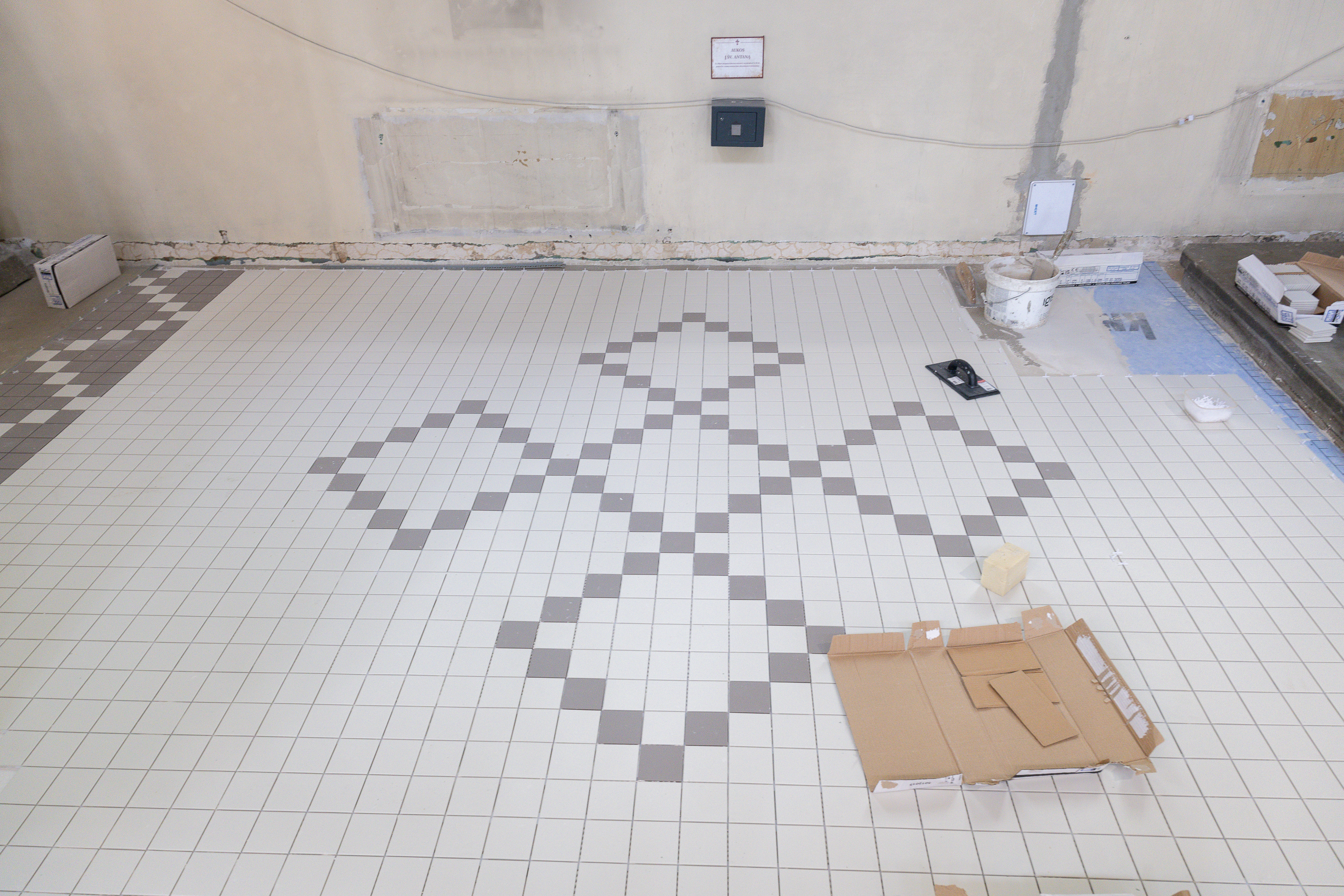
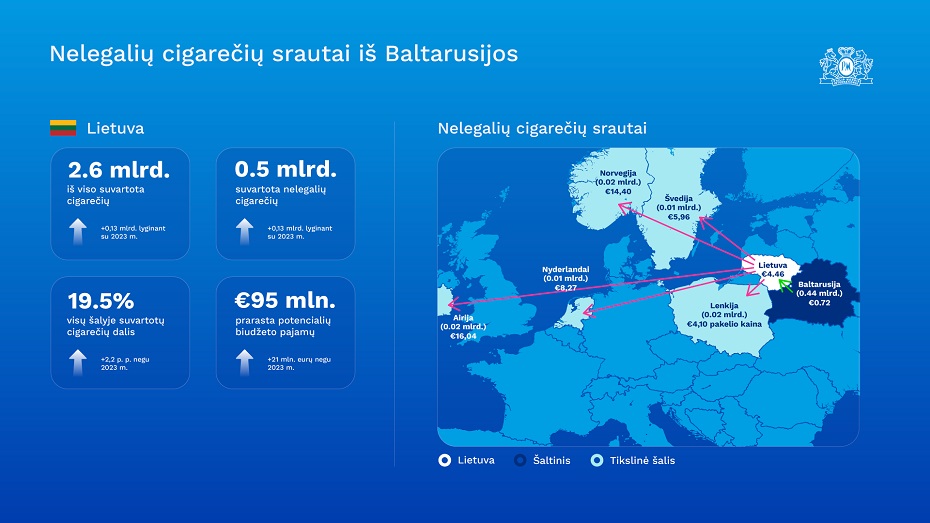

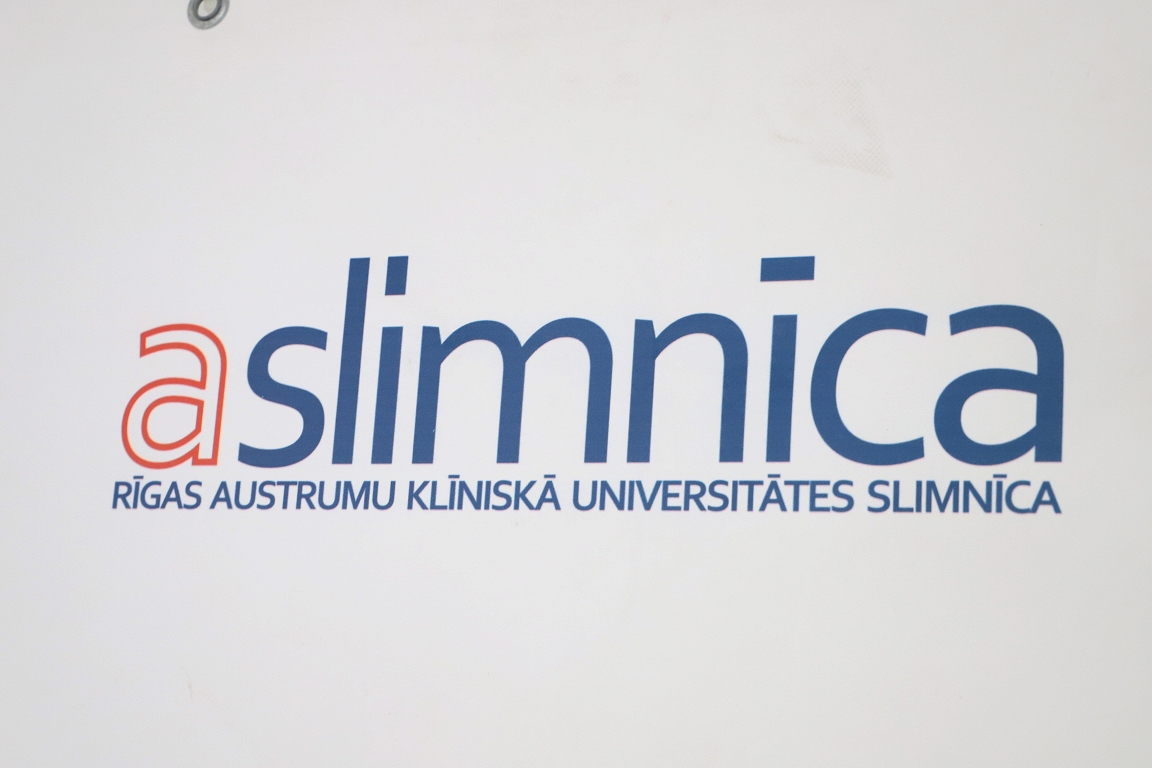
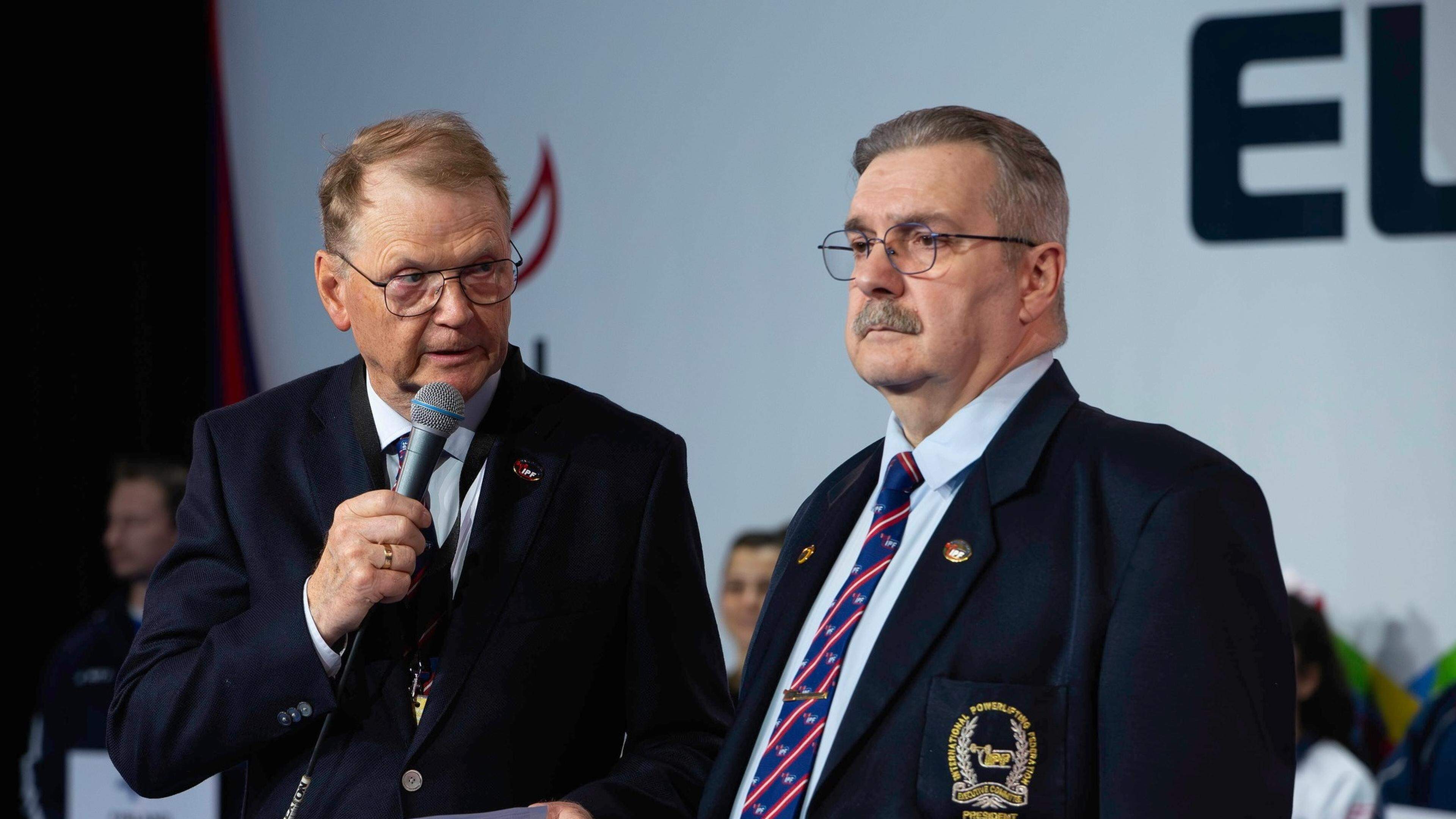
:format(jpeg):fill(f8f8f8,true)/s3/static.nrc.nl/wp-content/uploads/2019/07/fritshome.png)
